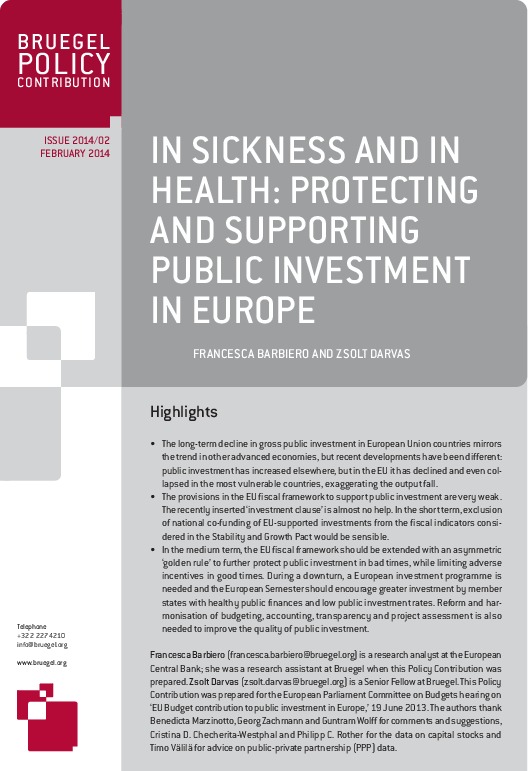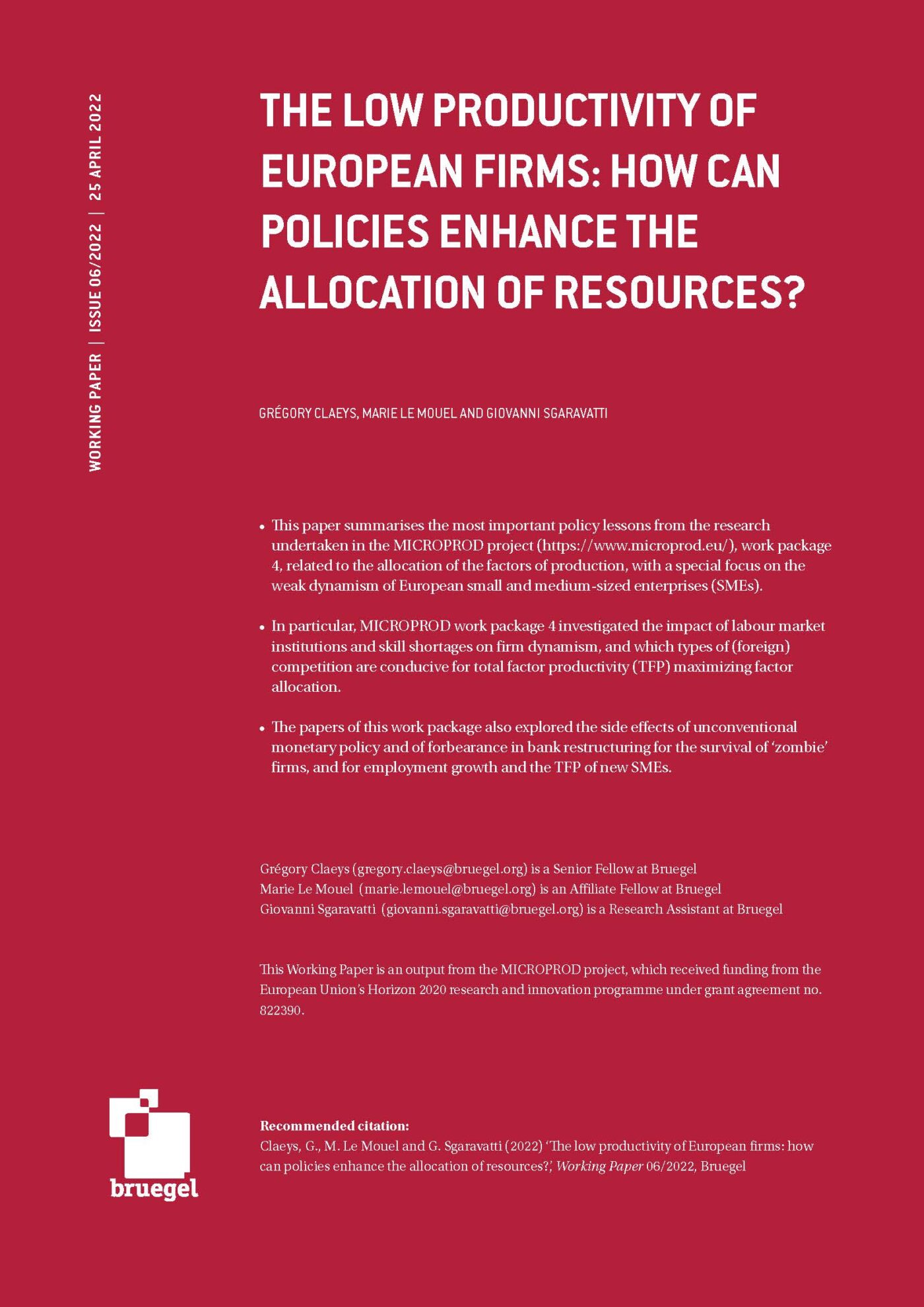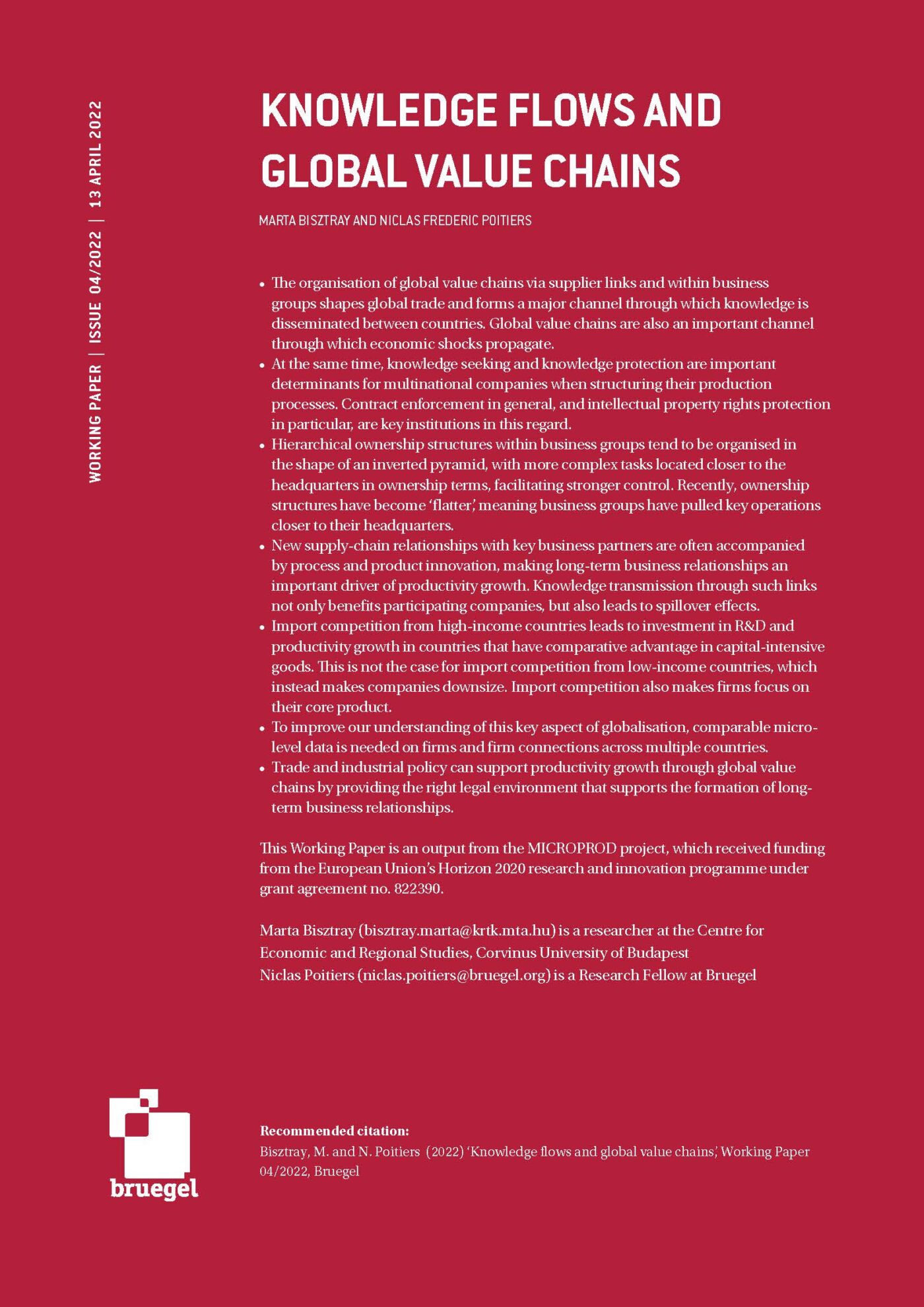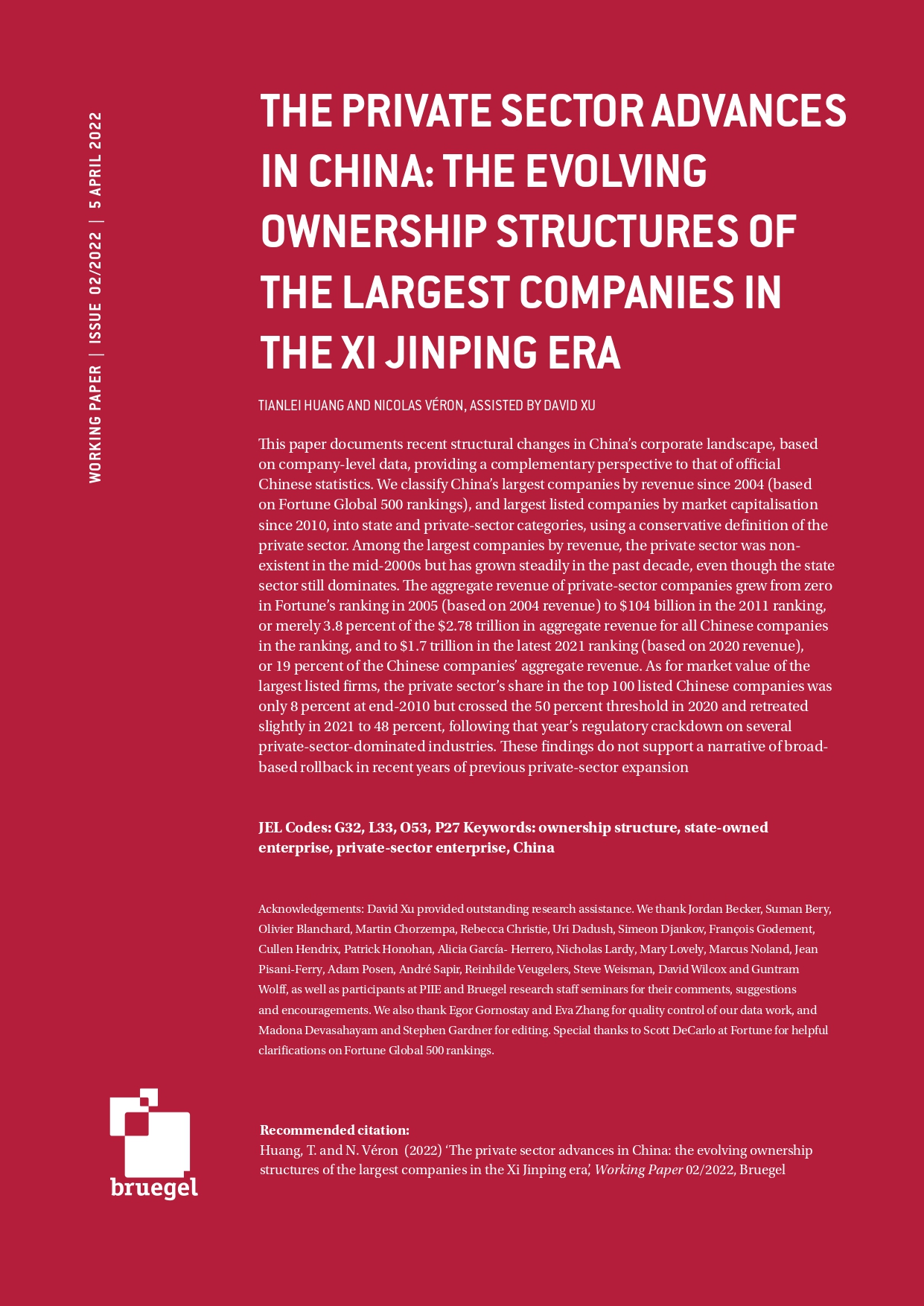Policy Contribution
In sickness and in health: protecting and supporting public investment in Europe
The long-term decline in gross public investment in European Union countries mirrors the trend in other advanced economies, but recent developments have been different: public investment has increased elsewhere, but in the EU it has declined and even collapsed in the most vulnerable countries, exaggerating the output fall.
See also blog post ‘In sickness and in health: protecting and supporting public investment in Europe‘
The provisions in the EU fiscal framework to support public investment are very weak.The recently inserted ‘investment clause’ is almost no help. In the short term, exclusion of national co-funding of EU-supported investments from the fiscal indicators considered in the Stability and Growth Pact would be sensible.
In the medium term, the EU fiscal framework should be extended with an asymmetric ‘golden rule’ to further protect public investment in bad times, while limiting adverse incentives in good times. During a downturn, a European investment programme is needed and the European Semester should encourage greater investment by member states with healthy public finances and low public investment rates. Reform and harmonisation of budgeting, accounting, transparency and project assessment is also needed to improve the quality of public investment.














